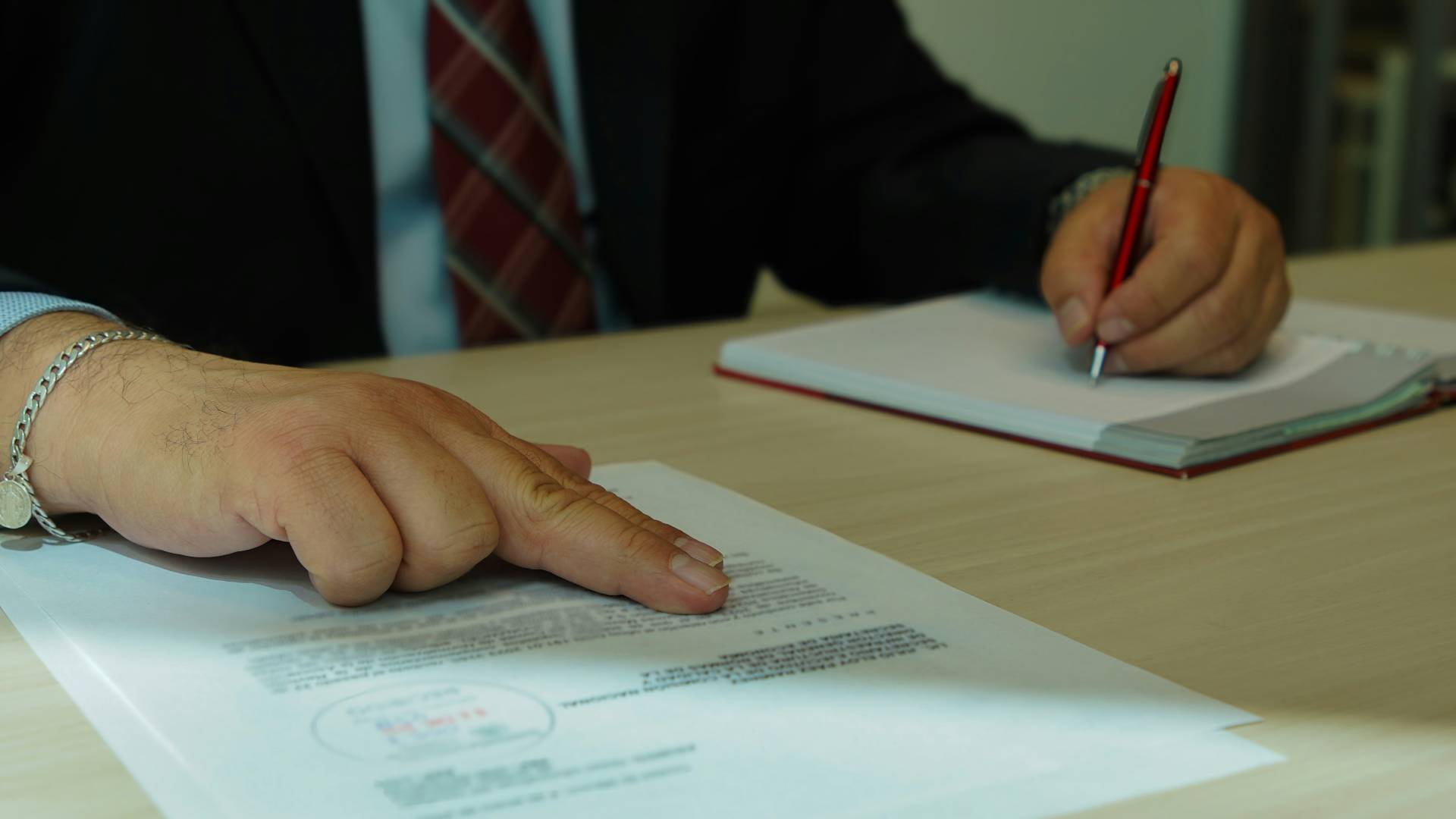When a buyer agrees to purchase share capital from a business, they typically seek protection to ensure the transaction is fair and secure. It is therefore essential for the seller to disclose all relevant information. These transactions can be complex, involving a range of legal documents and terms that define the responsibilities and expectations of both parties.
One of the most important components is the inclusion of warranties. These are promises made by the seller to confirm that representations about the business are true and accurate to the best of their knowledge. Warranties help protect the buyer by ensuring they are acquiring the business under agreed conditions. If a warranty is breached, it may result in legal disputes and financial loss, giving rise to a contractual claim by the buyer.
What is a warranty?
When purchasing a business, a warranty is a statement or guarantee made by the seller regarding certain facts or conditions related to the business. These are typically included within the share purchase agreement and may cover aspects such as:
- The financial health of the business
- Accuracy of financial statements
- Compliance with legal obligations
- Absence of undisclosed liabilities
Providing comprehensive warranties gives the buyer confidence in the transaction. If any of the warranted conditions prove to be false, it could constitute a breach. Buyers are advised to carry out thorough due diligence—investigating and verifying the business’s condition—before completing the purchase.
How do I know there is a breach of warranty?
A breach of warranty typically occurs when the seller fails to uphold a promise made in the warranty agreement. This may happen if the seller makes misleading, false, or incomplete statements. Examples include:
- Claiming the business is profitable when it is not
- Failing to disclose significant debts or liabilities
- Stating ownership of intellectual property that is, in fact, owned by third parties
In such cases, the buyer may be entitled to bring a claim against the seller for the breach.
How can I make a breach of warranty claim?
The process typically starts with serving a formal notice on the seller. This gives the seller an opportunity to remedy the breach. If that is not possible, parties may try to reach an agreement to resolve the matter. The steps usually include:
1. Review the Purchase Agreement
Carefully examine the agreement to understand the warranty provisions and remedies available in case of breach. This will also outline procedures for making a claim, time limits, and any limitations of liability. Dispute resolution terms such as arbitration or litigation may also be included.
2. Gather All Evidence
Compile supporting documents such as financial records, legal documents, and communication history. Strong evidence will improve the buyer’s ability to prove the breach and claim damages.
3. Notify the Seller of the Breach
Most agreements require written notice of a breach within a specific time period. This notice should describe the breach, include supporting facts, and detail the losses suffered.
4. Seek Resolution
Once notified, the buyer and seller can attempt to resolve the issue through negotiation. This might involve compensation, price adjustment, or indemnity payments. If negotiations fail, the matter may proceed to litigation or arbitration. An independent party will then assess the evidence and determine the outcome.
For further advice and assistance, please contact our Litigation and Dispute Resolution team on 01604 344562 / 01908 916096 or email [email protected].
Disclaimer: The information provided on this blog is for general informational purposes only and is accurate as of the date of publication. It should not be construed as legal advice. Laws and regulations may change, and the content may not reflect the most current legal developments. We recommend consulting with a qualified solicitor for specific legal guidance tailored to your situation.

Written by Melita Matusaityte
Trainee Solicitor, New Homes at Franklins Solicitors LLP
Specialises in CQS 2022-updated conveyancing practice, risk management, compliance, and client care procedures.
Melita Matusaityte is a Trainee Solicitor at Franklins Solicitors LLP, currently completing her final seat in the New Homes department. She graduated with a 2:1 in Law with Business LLB from Birmingham City University and has completed the Legal Practice Course, working towards qualification as a Solicitor.
Melita has gained experience across residential conveyancing and litigation, handling transactions from instruction to completion and supporting clients through a range of civil and commercial matters. She also holds updated CQS accreditations in Conveyancing Practice, Risk, Compliance, and Client Care.
Known for her organised and approachable style, Melita is dedicated to providing clear, practical support throughout the legal process.
Outside of work, she enjoys travelling, going to the gym, and a bit of retail therapy.





